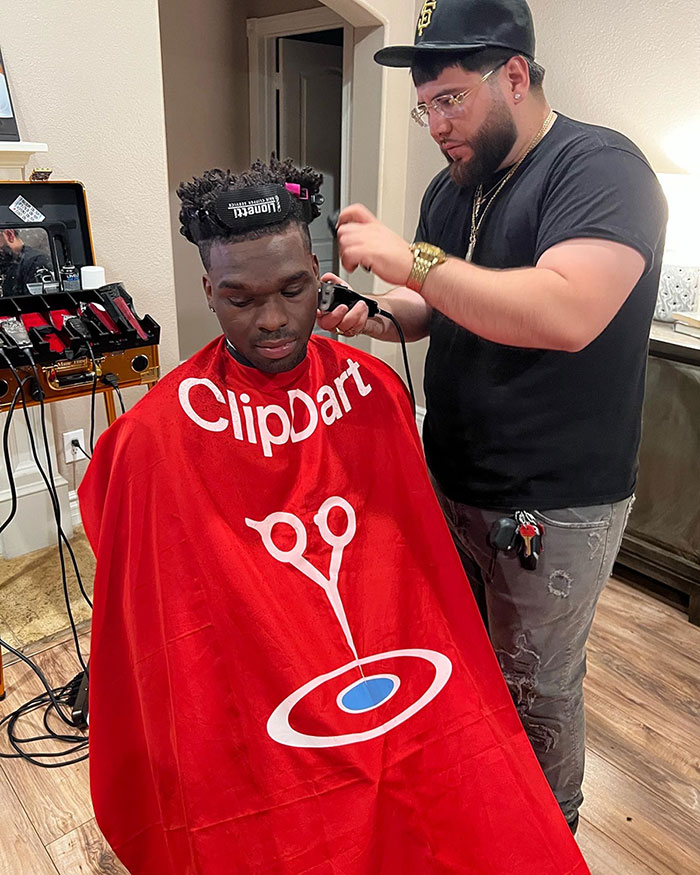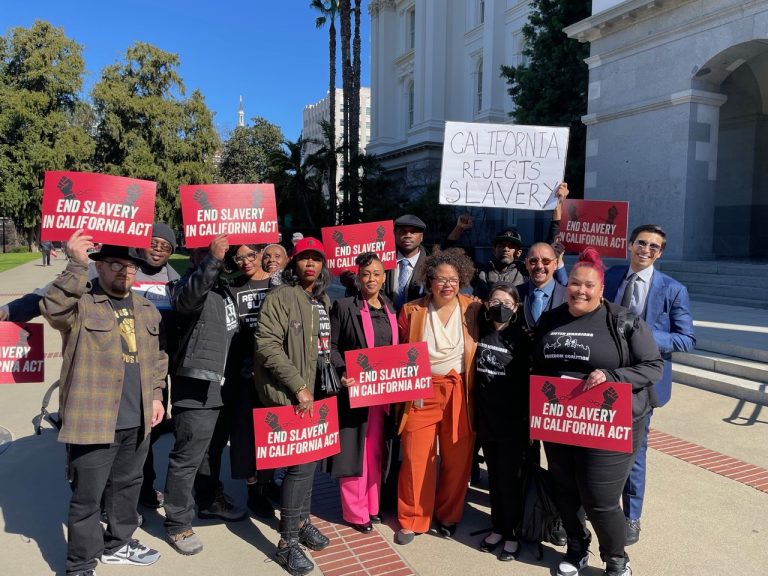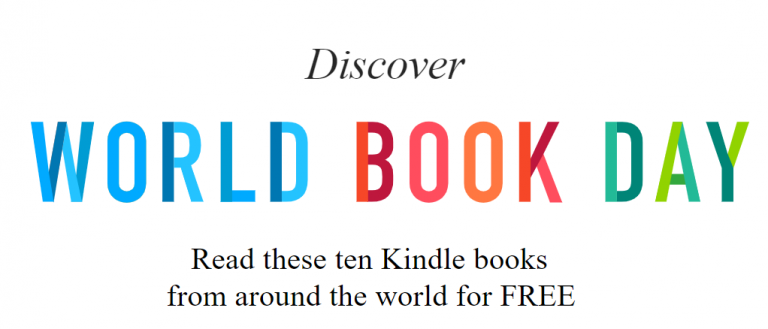
Bill Proposes Teaching Media Literacy at Each Grade Level in California
Antonio Ray Harvey| California Black Media
Two bills aimed at equipping K-12 students with the ability to discern between accurate and false news — and teach them media literacy, more broadly – are currently progressing through the California legislature.
Assembly Bill (AB) 873, authored by Assemblymember Marc Berman (D-Menlo Park), and AB 787 by Assemblymember Jesse Gabriel (D-Woodland) would mandate that schools in California offer instruction at every grade level to promote a more informed and civically engaged society.
As of June 7, both AB 873 and AB 787 are pending review on the Senate floor and have been referred to the Education Committee.
“Children today are being inundated by misinformation and disinformation on social media networks and digital platforms,” Berman said in a May statement. “The last few years have been a terrifying wake-up call to the insidious nature of online misinformation, from jeopardizing public health, to threatening the foundation of our democracy, to dangerously rewriting history. Anyone who spends much time on social media could greatly benefit from media literacy training.”
Media literacy, also known as information literacy, develops students’ critical thinking skills around all types of media platforms and instructs students to evaluate online information that affects them, their communities, and the world.
AB 873 intends to direct the Instructional Quality Commission (IQC) to incorporate media literacy content into the English language arts/English language development, science, mathematics, and history-social science curriculum frameworks when those frameworks are next revised.
A growing number of states are now requiring schools to educate students in media and information literacy, including New Jersey, Illinois, and Delaware.
“This bill is an important step to help ensure young people are equipped with the relevant media and informational literacy skills so critical in the 21st century,” said Nicholas Harvey, K-12 Policy Director for Generation Up.
AB 787 would require, on or before January 1, 2025, the State Superintendent of Public Instruction (SPI) Tony Thurmond, in consultation with the State Board of Education, to survey teacher librarians, principals, and technology directors to monitor how they are currently integrating digital citizenship and media literacy education into their curriculum.
AB 787 would also require Thurmond to share the results of the survey with an advisory committee consisting of specified representatives.
A 2022 Pew Research Report found that the number of teens who use the internet at least once a day has increased by 5% since 2014-2015. Many of these teens are active on popular social media platforms such as Twitter, Tik Tok, Snapchat, Facebook, and Instagram. Currently, 97% of teens report using the internet daily, compared with 92% in 2014-15.
Pew Research Center reports from 2018 and 2022 also found that 95% of teens have access to smartphones, and 45% are online more frequently. In addition, the reports stated that 56% of Black teens are online, compared to 55% Latinos, and 37% of White teens.
“If these practices are important and salient to our youth, then it is critically relevant for educators to acknowledge this insight as they teach, and for researchers to write about studies in humanizing ways,” according to a January 2023 International Literacy report titled, “Normalizing Black Students/Youth and their Families’ Digital and STEAM Literacies.”
Common Sense Media’s California policy manager Kami Peer, a nonprofit focused on youth and media, told the Napa Valley Register that Berman’s and Gabriel’s legislation would change the way student’s use the media to obtain information and handle ever-changing digital tools.
“We believe these two bills, if signed into law, would bring California to the forefront of this important policy area and ensure our students are well-equipped to face the rapidly evolving digital, online landscape,” Peer said.






